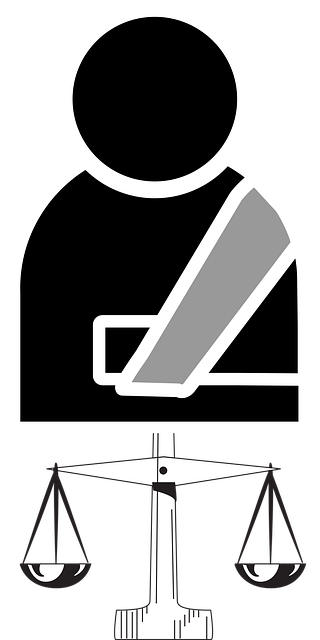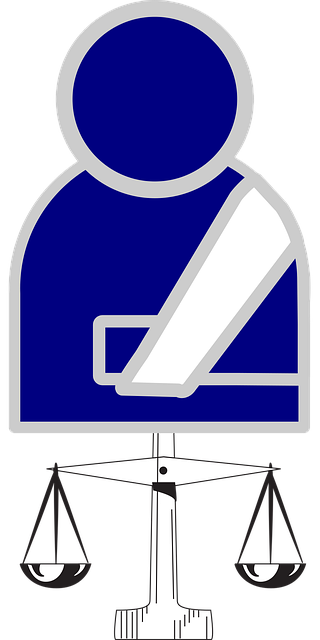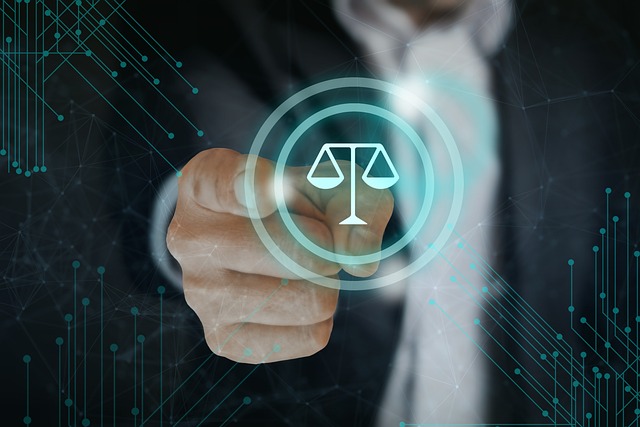Personal injury law deals with compensating individuals for physical and emotional injuries due to negligence or intentional acts. Key concepts include duty of care, breach, causation, and damages. Various case types, from motor vehicle accidents to medical malpractice, demand specialized attention. Liability is established by proving duty, breach, and causation, followed by discussions on compensation for economic and non-economic losses. Legal professionals specializing in personal injury law advocate for clients' rights, aiming to restore them to their pre-injury state and secure fair resolutions.
Personal injury law encompasses a range of legal issues, from understanding key concepts to navigating complex lawsuits. This article delves into the fundamentals, exploring common types of cases and the intricate process of determining liability and compensation. We uncover the crucial role of legal professionals in these matters, providing insights for those seeking redress for injuries suffered due to someone else’s negligence. Discover how personal injury law works and what your rights entail.
- Understanding Personal Injury Law: Basics and Key Concepts
- Common Types of Personal Injury Cases and Claims
- Navigating Liability and Compensation in Injury Lawsuits
- The Role of Legal Professionals in Personal Injury Cases
Understanding Personal Injury Law: Basics and Key Concepts

Personal injury law is a complex yet critical area of legal practice that focuses on compensating individuals for physical and emotional injuries caused by the negligent or intentional acts of others. At its core, this branch of law aims to ensure justice and fairness by holding liable those responsible for causing harm. Key concepts within personal injury law include duty of care, breach of duty, causation, and damages.
Understanding these elements is fundamental when navigating a personal injury claim. The duty of care refers to the legal obligation that one person has to exercise reasonable care to avoid causing harm to others. Breach of duty occurs when this obligation is violated, leading to an accident or injury. Causation establishes a direct link between the breach and the resulting damage, while damages refer to the compensation awarded to restore the injured party to their pre-incident condition, accounting for medical expenses, pain and suffering, lost wages, and other related losses.
Common Types of Personal Injury Cases and Claims

In the realm of personal injury law, several common types of cases and claims emerge, each with its unique circumstances and legal complexities. These include motor vehicle accidents, where injuries sustained in car crashes, truck collisions, or other vehicular incidents are addressed. Additionally, slip and fall cases are prevalent, involving mishaps on someone else’s property that result in physical harm.
Medical malpractice is another significant area under personal injury law, encompassing errors or omissions by healthcare professionals that lead to patient injuries. Furthermore, workplace accidents and industrial injuries are covered, ensuring compensation for employees harmed during their employment. Each of these cases requires a thorough understanding of relevant laws and regulations to navigate the complex process of filing claims and seeking just compensation.
Navigating Liability and Compensation in Injury Lawsuits

Navigating liability and compensation in personal injury lawsuits is a complex process within the broader realm of personal injury law. When an individual suffers harm due to another party’s negligence or intentional actions, they have the right to seek legal recourse for their injuries. The first step involves establishing liability, which requires proving that the defendant owed a duty of care, breached that duty, and directly caused the plaintiff’s injuries. This process often entails gathering evidence, witness testimonies, and expert opinions to support the case.
Once liability is established, the discussion shifts to compensation. Personal injury law outlines various forms of damages, including economic losses such as medical expenses and lost wages, non-economic damages like pain and suffering, and punitive damages in cases of gross negligence or intentional harm. The court’s role is to determine an appropriate award based on the specifics of each case, aiming to restore the plaintiff to their pre-injury state and provide fair compensation for their experiences.
The Role of Legal Professionals in Personal Injury Cases

Legal professionals play a pivotal role in personal injury cases, ensuring that individuals affected by accidents or injuries receive the justice and compensation they deserve under personal injury law. These experts possess in-depth knowledge of tort law and its intricacies, which are essential for navigating complex legal processes. They guide clients through every step, from initial consultations to settlement negotiations and courtroom representation.
Attorneys specializing in personal injury law have a comprehensive understanding of the potential consequences of accidents, including medical bills, lost wages, and pain and suffering. Their expertise lies in gathering evidence, interviewing witnesses, and constructing compelling legal arguments to advocate for their clients’ rights. Through their efforts, they help restore order and provide closure to those impacted by unforeseen circumstances, ultimately seeking fair resolutions within the framework of personal injury law.
Personal injury law plays a vital role in safeguarding individuals’ rights and ensuring they receive fair compensation after suffering harm due to someone else’s negligence. By understanding the basics, recognizing common types of cases, and grasping liability principles, individuals can better navigate this complex legal landscape. Engaging the expertise of qualified legal professionals is crucial for successful personal injury claims, providing victims with the support needed to secure their rightful outcomes in today’s legal system.
